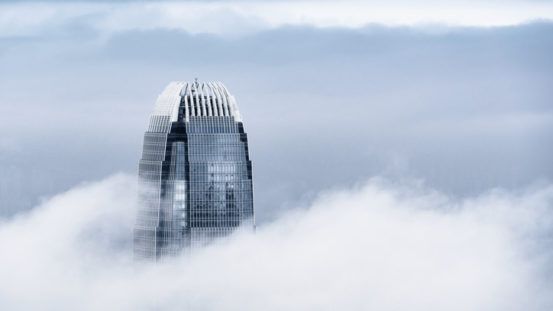“The guiding principle is that we will give priority to green and ESG investments, if the long-term return is comparable with other investments on a risk-adjusted basis,” said Howard Lee, deputy chief executive of Hong Kong Monetary Authority (HKMA) in his keynote speech at the 13th HKIFA annual conference last week.
He explained that “responsible investment makes investment sense”, because assets or companies with high ESG risk are likely to suffer diminishing value over time and even become “stranded assets”. Moreover, ESG could also “unveil long-term value in new opportunities”, such as renewables companies.
The HKMA invests the Exchange Fund’s assets, which consist mainly of the government’s fiscal reserves, into equities, bonds and overseas properties, as well as some infrastructure projects. The Exchange Fund’s total assets amounted to HK$4.16trn ($530bn) as at 31 August 2019, according to the HKMA website.
In May 2019, HKMA announced three sets of measures on green and sustainable banking, responsible investment and capacity building, and on 29 August it finally signed up to the United Nations-supported Principles for Responsible Investment (PRI).
“By becoming a PRI signatory, we hope to encourage asset owners to sign up to this global network, making green and sustainable investment a core aspect of their investments,” said Lee.
“ESG risk has become too significant to be ignored in the investment decision making process…[and the HKMA]…is already engaged in green bond and other green investments including renewable energy and green buildings,” he added.
In fact, Asia has become a major contributor to the global green bond market, with its share in the issuance value increasing to 28% in 2019 from 5% in 2013.
China is now the world’s second largest green bond market, representing 18% of total issuance value in 2018, while Hong Kong’s green bond market is also growing fast, with $11bn issued in Hong Kong last year, compared with just $3bn in 2017, according to Lee.
EXTERNAL MANAGERS’ RESPONSIBILITIES
ESG factors are also included in the selection, appointment and monitoring of the Exchange Fund’s external managers.
“We want our external managers to take ESG matters seriously and we expect them to help us discharge ownership responsibilities in investee companies through voting and engagement activities,” said Lee.
For example, external managers of the Fund’s Hong Kong equities and China active equities portfolios must conform to the Securities and Futures Commission’s (SFC) Principles of Responsible Ownership on a “comply-or-explain” basis.
Other ESG implementation measures include the inclusion of ESG factors in the credit risk analysis of the Exchange Fund’s bond portfolio and examination of the ESG policies and practices of partners in its private market investments.
The HKMA’s pro-ESG and green finance stance is in line with recent initiatives by the SFC, which announced its Strategic Framework for Green Finance in September 2018, launched a survey on integrating ESG factors in asset management in March this year, and published guidance on enhanced disclosures for green or ESG funds a month later.
However, some industry participants, including Morningstar and the Hong Kong Investment Funds Association, have warned about the dangers of so-called greenwashing, where funds or the companies they invest in make false or unsubstantiated claims about their environmental or social credentials.








